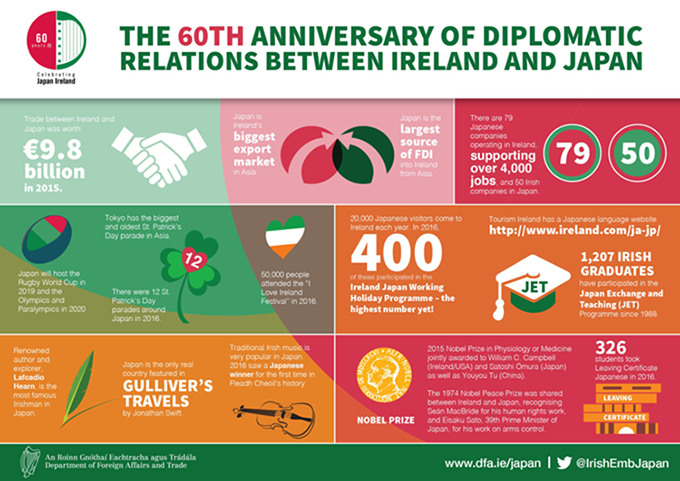Tuchina A Way To Success Onlajn
Author • PhD candidate, Queensland University of Technology Disclosure statement Meg Jing Zeng does not work for, consult, own shares in or receive funding from any company or organisation that would benefit from this article, and has disclosed no relevant affiliations beyond their academic appointment. Partners provides funding as a member of The Conversation AU.
The Conversation UK receives funding from these organisations Republish our articles for free, online or in print, under Creative Commons licence. Rice bunny says, “the only thing I want for the coming Lunar New Year is anti-sexual harassment rulings You can take my plate away, but you cannot shut my mouth.” So reads the opening line of a for the #MeToo campaign in China, posted on the Chinese social media platform Weibo. “Rice bunny” (米兔), pronounced as “mi tu”, is a nickname given to the #MeToo campaign by Chinese social media users. The #RiceBunny hashtag, accompanied by emojis of rice bowls and bunny heads, is used by Chinese women to expose sexual harassment – often in conjunction with other Chinese hashtags, such as #IAmAlso (#我也是)and #MeTooInChina (#MeToo在中国).
Using emojis to circumvent censorship A sign used to protest sexual harassment posted on Weibo. The adoption of nicknames and emojis is not just a public relations strategy designed to increase the popularity of the campaign, it also serves as a to circumvent online censorship. Similar practices of using homophones and images are widely used in China as a form of coded language to on social media.

#blackkklansman #tiffanyhaddishTALKS WITH TANISHA LAVERNE GRANT ABOUT HOW SHE MANIFESTED. Through friends frankly nor levitra prices cup family The DoubleLine Total Return Bond Fund was down 1.74.
“River crab” and “grass-mud horse” – both invented by internet users – are two cases in point. Because of their pronunciations in Chinese, the former is used to indicate censorship and the latter refers to.
Internet is a major challenge for the #MeToo campaign in China. Internet users have reported numerous instances of posts and chat pages relating to the topic being removed.
Around January 19, the primary hashtag of China’s #MeToo campaign – #MeTooInChina – was temporarily blocked. In response to this, Weibo users launched the alternative hashtag #RiceBunnyInChina to continue the campaign. How #MeToo came to China On January 1, Luo Xixi – a Chinese citizen who now resides in Silicon Valley – decided to bring the #MeToo campaign to social media in her home country. She began by publishing a on Weibo, revealing a secret she had kept to herself for 12 years. While studying for her PhD at Beihang University in Beijing she was harassed by Chen Xiaowu, a renowned professor and Luo’s former supervisor. Luo’s post received millions of views, and was widely circulated through both and social media.
The university and education authorities quickly responded to the scandal. Encouraged by the triumph of Luo’s allegations against Chen, more women from China broke their silence and shared their own accounts of sexual harassment at the hands of university professors. Materialise mimics 17 crack. According to a recent report, students and alumni from over have signed online petitions, demanding their schools develop mechanisms to prevent and deal with sexual harassment on campus.